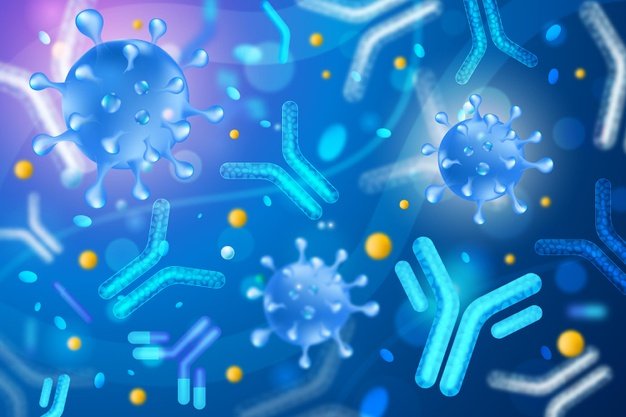
Photo Credit: Freepik
Tychan, a Singapore-based clinical-stage biotechnology company focused on developing life-saving treatments through disruptive technologies, announced on 30 July 2020 a publication in New England Journal of Medicine (NEJM) demonstrating the safety and efficacy for TY014, a novel monoclonal antibody candidate treatment for yellow fever (YF). The publication highlights the significant reduction of monoclonal antibody (mAb) development time through the use of Tychan’s proprietary rapidresponse platform, developed by co-founders Prof. Ram Sasisekharan and Prof. Ooi Eng Eong, and offers a roadmap for research of therapeutics for other infectious diseases, including COVID-19.
Studies enabling Investigational New Drug (IND) applications, including chemistry, manufacturing, and control (CMC), and the Phase 1 trials were completed in record timeframes. IND-enabling studies for the development of Tychan’s successful mAb for yellow fever took seven months from design to first-inhuman infusion. Importantly, our accomplishments to date illustrate that this process can, not only be replicated but further shortened.
“We are confident in our innovative rapid response platform. Results from this NEJM study provide evidence that TY014 has the potential to offer a significant clinical advancement for the treatment of yellow fever, further boosting our confidence that our development will be able to contribute to the global efforts in eradicating the scourge of infectious diseases one day,” said Teo Ming Kian, Chairman of the Board, Tychan.
TY014 for Yellow Fever
Data published in the New England Journal of Medicine demonstrate that TY014 was not only safe and well tolerated at the highest doses tested, but also completely eradicated the yellow fever virus in the bloodstream of all participants within 48 hours of infusion. The results of this study set the stage for a phase 2 trial in geographies endemic for yellow fever, to assess the efficacy of TY014 as the first treatment for yellow fever.
“Much thought has been given to the design of the trial. The strategy is to accelerate the study of TY014 for yellow fever as the disease has a mortality rate of 20 – 50%. There is no treatment specifically indicated for yellow fever, and the currently available vaccine is contraindicated for the most vulnerable populations, including infants, pregnant women, the elderly and the immunocompromised,” said Prof. Ooi Eng Eong, Co-founder of Tychan and Deputy Director, Emerging Infectious Diseases Programme, DukeNational University of Singapore Medical School.
The trial was administered by SingHealth Investigational Medicine Unit, led by Associate Professor Jenny Low, senior consultant, Department of Infectious Diseases, Singapore General Hospital and co-director, Viral Research and Experimental Medicine Centre (ViREMiCS).
TY014 is the first monoclonal antibody designed and engineered to treat yellow fever virus infected patients to enter the clinic. TY014 is directed against the envelope (E) protein on the surface of the virus, and prevents viral replication by limiting viral fusion to host cells.
Application to COVID-19
The same platform was used to develop TY027, the first novel mAb that specifically targets SARS-CoV-2, the virus that causes COVID-19.
There has been good progress with the development of TY027. In less than four months, first in human infusion was done in a Phase 1 study approved by the Health Sciences Authority of Singapore (HSA). Dosing of healthy volunteers up to a maximum dose of 20 mg/kg has been completed with good safety outcome. Tychan is finalizing plans for Phase 3 trial of TY027 in patients with COVID-19, expected to be initiated within the next few weeks upon approval by regulatory and ethics authorities.




